Okay. This is just sad.
Nearly half of all Americans will ask guests to provide proof of vaccination status this Thanksgiving, Andrew Stanton of Newsweek reports. Others are asking the unvaxxed to provide proof of a negative COVID test, while half of American households will require guests to wear masks during the Thanksgiving festivities.
I understand some people are morbidly afraid of this virus. For months now, they have avoided large gatherings, generally leaving their homes only to shop for necessities. Just the other day, I saw a 60-something man driving in a convertible with the top down. He was wearing a mask.
Nonetheless, I find it stunning that so many Americans will require Thanksgiving guests to produce a vaccine passport and to mask up. The only good news here is that for last year’s celebration, two-thirds of Americans planned to wear masks, so at least the numbers have fallen in that department.
But let’s take a break from masks and vaccines and revisit the first Thanksgiving.
In September of 1620, 102 passengers set sail on the Mayflower for the new world. By the following autumn, only 52 of these people remained alive. Yet they, along with 90 Wampanoag Indians, devoted three days to a thanksgiving feast celebrating their harvest.
Nearly half of this company of Pilgrims—men, women, and children—either died aboard ship or perished during their first winter in this new land. Did the survivors not grieve the loss of a child, a spouse, a friend? Did the terrible odds they faced not daunt them or frighten them? Undoubtedly. Yet they had enough grit to throw a thanksgiving party.
So what’s the difference between us and them? How could they possibly be bold enough to feel gratitude after enduring so many horrible trials?
Answering that question requires us to ask to whom the Pilgrims were giving thanks in the first place. That answer is easy: to God. They were Christian believers who saw the hand of God in the survival of their colony and who placed themselves under the power and protection of a Heavenly Power.
Now let’s hop forward to 2021 and another COVID Thanksgiving. Here we should ask ourselves some questions. What are we thankful for? Why are we giving thanks? And who is it exactly that we’re thanking?
Given the widespread fear and risk aversion at work in our culture, we can conclude many Americans lack the faith of those old stalwarts. Yet how we answer those questions is how we’ll celebrate Thanksgiving.
This year, 2021, marks the 400th anniversary of that first Thanksgiving. That commemorative date alone should add luster to our Thanksgiving celebration. But given our pandemic and COVID fears, I’m hoping for more. Here’s my wish for all of us this November 25th:
Let’s make a grand feast of this day. Let’s gather together with relatives and friends, fill our homes with the aroma of turkey and baking pies, and play board games and charades. Let’s sing some hymns and songs about America, and watch football games on television, or better yet, head out to the yard and toss a football around with the younger set. Let’s laugh until our jaws grow sore. Let’s put aside any talk of politics and the pandemic, and focus instead on enjoying one another. Let’s tell stories to the grandkids or have them tell stories to us. Let’s call those relatives and friends we won’t see at this party and tell them how much we love them. Let’s end the day slumped in a chair or a sofa, utterly spent by the festivities.
Most of all, let’s do as those Pilgrims did and remember that this day is for giving thanks. Let’s tell those around us what we’re grateful for and why.
In the film Braveheart, William Wallace (played by Mel Gibson) at one point says, “Every man dies. Not every man truly lives.”
This Thanksgiving, let’s live.
—
Image Credit:
Flickr-GPA Photo Archive, CC BY-NC 2.0


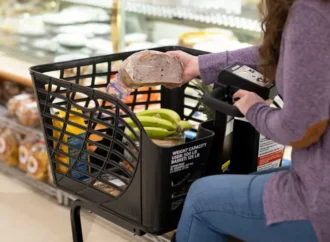
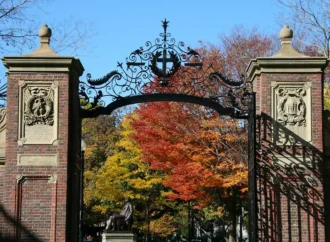
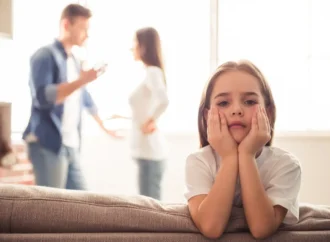
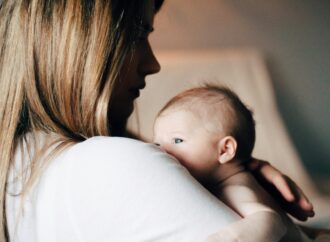
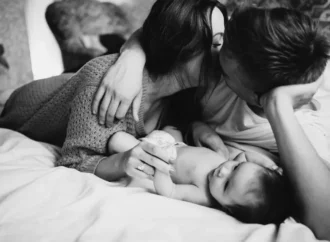
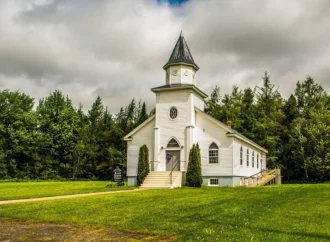
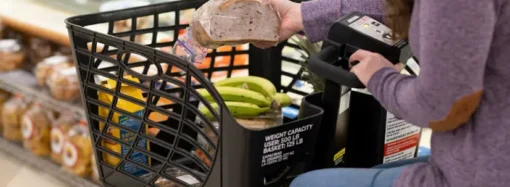

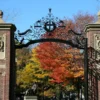





Leave a Comment
Your email address will not be published. Required fields are marked with *